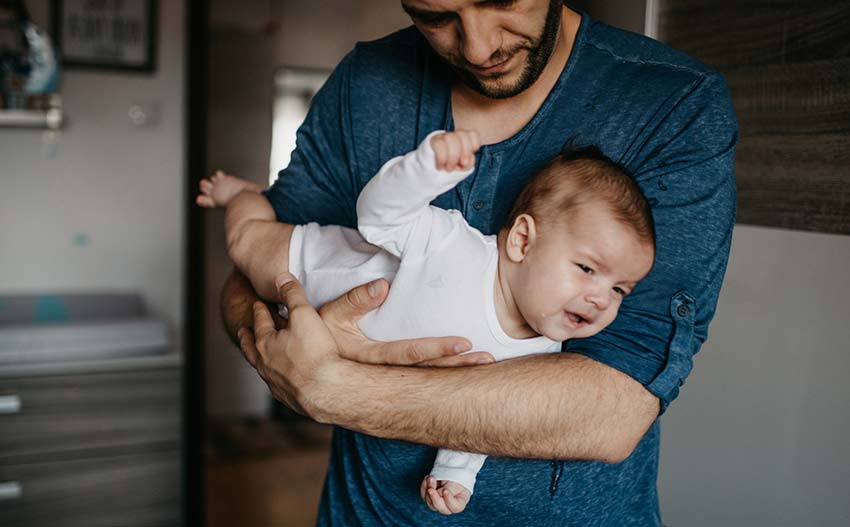What comes to mind when you think of postpartum depression?
Maybe a news story of someone hurting their kids or a new mom struggling with the transition into motherhood. The truth is, we don’t think about postpartum depression or really know much about it other than from the news or our own experiences. For instance did you know men can get a form of postpartum depression known as Paternal Depression? Well they can. Postpartum depression does not discriminate by gender or birthing versus non-birthing partner. This little talked about mood disorder can create a difficult twist in an already major transition.
Pregnancy is often described as a positive experience
We glow, grow, and nest. We meet with healthcare providers checking the safety and growth of our babies and prepare for giving birth. Understandably the majority of care during the span of a pregnancy focuses on the birthing partner, what they are going through and how to support them. Often times little attention is given to the non-birthing partner, who is also going through this transition in a different way.
Fathers can often feel overwhelmed and find this transition to be difficult to prepare for. There are many changes happening including changes in sex life, in attention received from their partners, and an increased sense of responsibility. These changes can weigh heavily on them and influence their experience. Risk factors for Paternal Depression include: having a spouse who has or is experiencing a postpartum mood disorder; not being included in pregnancy care; unhealthy lifestyle; stress; poor marital relationship; history of mental illness; and feelings regarding pregnancy i.e. planned vs. unplanned pregnancies.
Some signs of postpartum depression in non-birthing partners include:
- an increase in anger directed toward the baby and/or their partner
- an increase in staying out late or working late
- affairs
- withdrawing from the relationship
- an increase in substance use
- an increase in anxiety
- loss of sense of humor
So, what’s the good news in all of this? There’s hope. Depression, anxiety and any mood disorders are actual medical conditions and can be treated. Without treatment the consequences can be long lasting, effecting you, your partner and your child or children. If you think you are experiencing these symptoms talk to your healthcare provider or schedule an appointment with a therapist knowledgeable about postpartum depression and its effects on both partners. There is help and there is hope. You don’t have to go through this alone.


